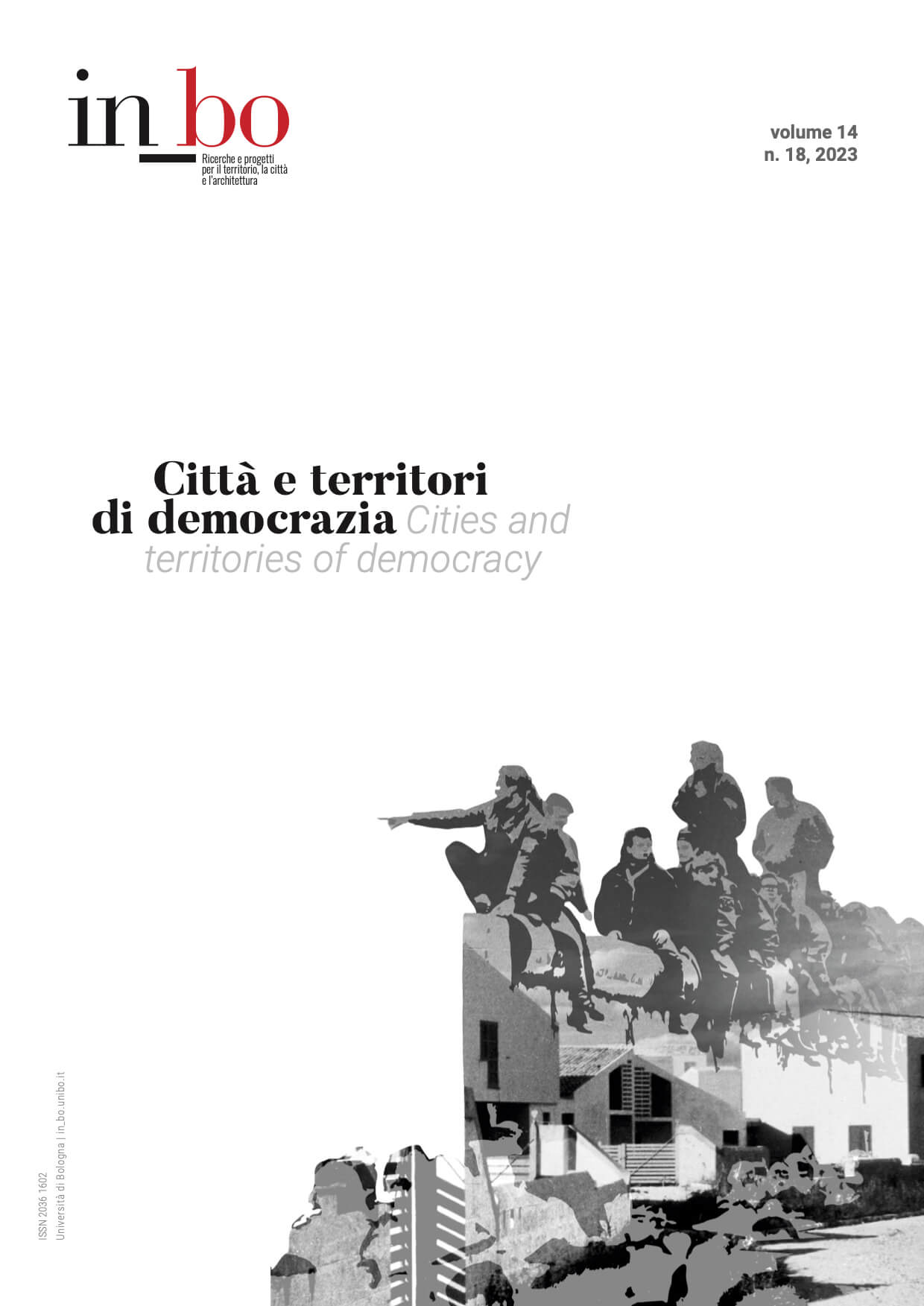Between bigness and small urbanity: the villages in north Messina
DOI:
https://doi.org/10.6092/issn.2036-1602/14844Keywords:
small urbanity, territorial inequality, Messina villages, cultural heritage, community empowermentAbstract
The polarizing attention paid to the bigness debate, referring particularly (if not exclusively) to metropolitan areas and global realms, still tends to overtake the issue of small urbanity. In a country as Italy, where small settlements with a population of less than 5,000 inhabitants represent 69% of Italian municipalities and affect as much as 50% of the national territory, the endemic isolation of small towns and hamlets seems to be finally contrasted: a better knowledge of local dynamics has developed; some policies to struggle the dispersion of inhabitants have been promoted and initiatives to support the return to places and emerging forms of resilient community have been drawn.
In this perspective, the case of the 47 villages around Messina is emblematic. For the first time, bottom-up request for a referendum has been held to create a new municipality called “Montemare” which should collect some of these small towns splitted in the northern area of the Peloritan area, affected by conditions of marginality and abandonment as perceived and complained by the inhabitants. Coastal or hilly (as in the case of the “Masse,” the subject of this paper), these hamlets experienced a condition of relative prosperity until the second post-war period and since then they suffered a progressive abandonment. The proposed Messina Urban Plan puts these villages in a new condition of centrality within innovative strategic features and in specific projects of recovery balancing territorial disparities.
Downloads
Published
How to Cite
Issue
Section
License
Copyright (c) 2023 Alessio Altadonna, Marina Arena, Fabio Todesco

This work is licensed under a Creative Commons Attribution-NonCommercial 3.0 Unported License.





